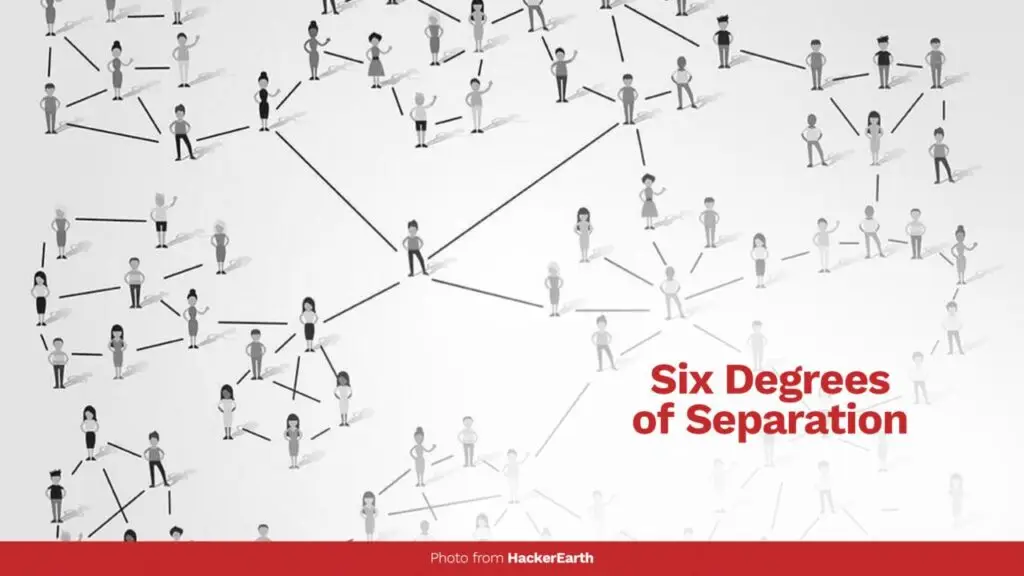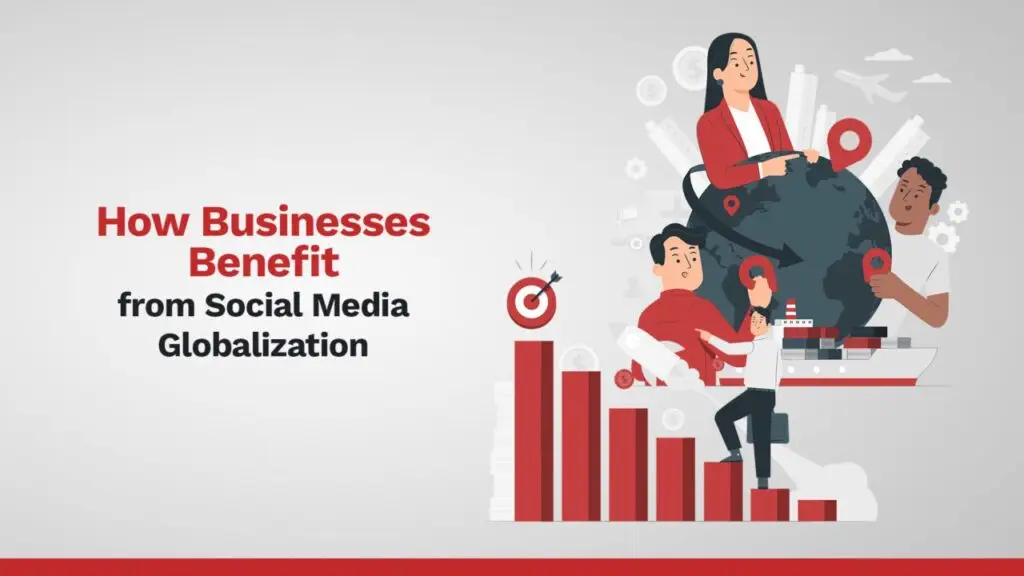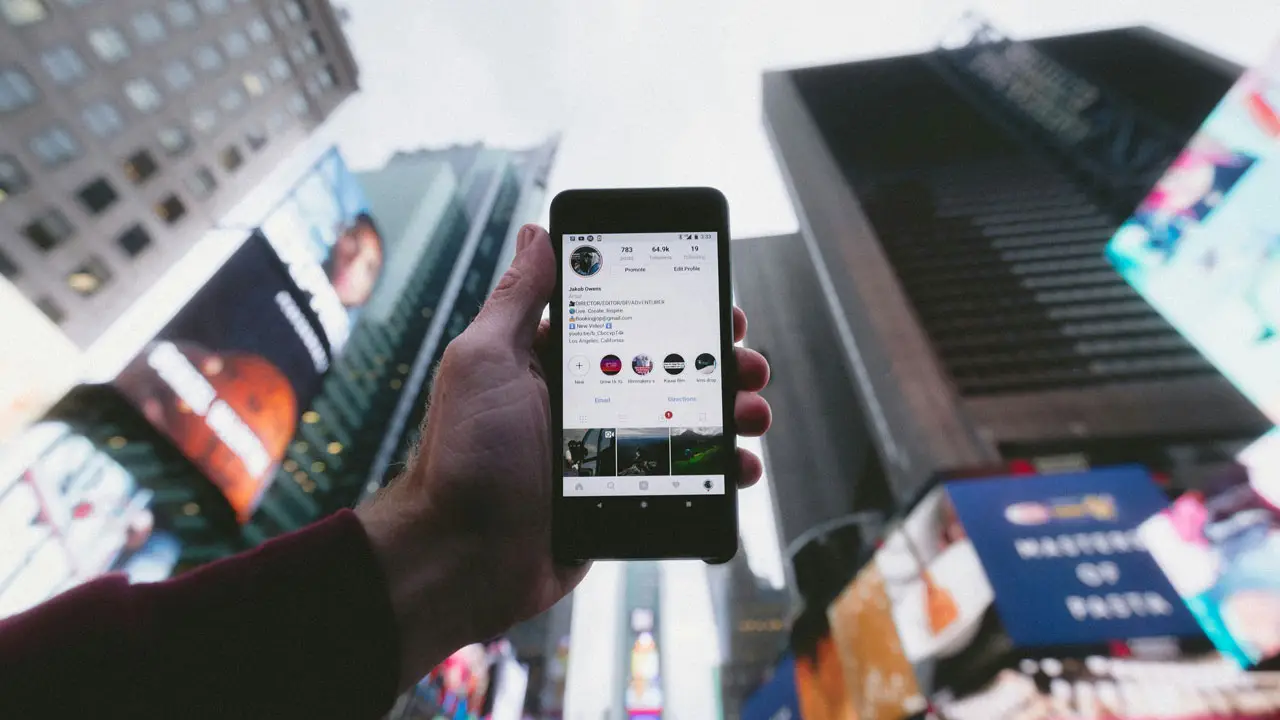Globalization has changed how business gets done and even how people live their lives around the world.
Social media sites like Facebook and Twitter have made it easy to connect with people all over the world, even if you don’t know where they live or how to contact them through more traditional channels.
If you’re curious about how social media and globalization are changing the world around us, here are some ways this online connectivity has changed almost everything in our lives.
Globalization has become an important part of our lives through social media and the internet, allowing us to connect with people around the world while maintaining our own sense of privacy.
In order to understand globalization and its effects on social media, you first need to understand what globalization means.
Globalization describes how businesses, economies, cultures, and technology are all becoming increasingly connected as we move into the digital age.
Six Degrees of Separation

When discussing social media, you might have heard about the six degrees of separation phenomenon, but what does it actually mean?
Essentially, Six Degrees of Separation is a theory that we are all connected to one another through, at most, six intermediaries. That’s because we are typically only separated by six people on average.
And while this could mean you are connected to anyone in the world through just a few steps, it also means that anyone is just a few steps away from you as well.
In fact, according to Facebook data scientists, if you have an online friend, there’s a 28% chance they live within your city.
Furthermore, using those same numbers, your chances of living near someone who shares the same interests as you increase to more than 50%.
All of this information proves how interconnected our world has become thanks to social media.
With new apps like Tinder connecting us with potential dates or friends and sites like Instagram, where our connections can be seen on a map based on geographical locations, we can tap into the power of networking both virtually and physically.
The convenience of these new avenues for meeting people is helping us grow closer together than ever.
It’s no secret that globalization has changed the world in ways you could never have imagined. But what many people don’t realize is how social media is helping to bridge the gaps between countries.
In fact, a recent study found that social media has helped improve relationships with other countries by making them more transparent.
To put it simply, globalization allows gaining information about different cultures by connecting with people from all over the world through social media platforms.
This allows us to learn more about one another and decreases stereotyping of other cultures, leading to better relationships!
What are the pros and cons of social media connectivity? One pro is that it allows you to stay in touch with friends and family who are far away.
Another is that you can find out about events from all over the world.
A con is that it’s hard to get off the computer, so letting other things slip through the cracks is easy.
Another con is that information on social media might be biased or misleading, which can have a negative impact on your life and make you less informed.
It also means you must be careful about what you post and share because there are no boundaries online.
Social media has led to more awareness of some issues, but you need to be conscious of how this affects others.
For example, posting your good mood can rub people the wrong way when they’re struggling themselves.
However, it has been shown that connecting with others through social media helps decrease loneliness and increase one’s sense of well-being.
It’s not all good, though, as there are many risks associated with being constantly connected. Studies show that social media addiction could lead to depression and low self-esteem.
There is also the concern about cyberbullying, where kids will anonymously bully each other through their computers without feeling any repercussions, knowing nothing will happen to them if caught.
The problem becomes even worse when you see how much time teens spend on social media; nearly half of them check Facebook at least once an hour during school hours.
They spend around 30 minutes of every class browsing sites like Tumblr and watching videos on YouTube.
In addition, 77% say they feel addicted to the Internet, spending six hours or more a day using it for everything from games to research.
With so many benefits and drawbacks involving social media usage, it’s important that we continue having these conversations.
People should learn to disconnect more often, take breaks from social media, and pay attention to the content they are consuming while scrolling.
You should also be aware of the consequences that come with putting too much personal information online, especially when children and teenagers are involved.
It’s become more difficult for parents to monitor their child’s behavior due to the unlimited access that comes with smartphones and tablets.
Many celebrities use social media to interact with fans, keep up with current trends, and promote upcoming projects.
Many don’t know how much power comes along with fame until someone decides to do something detrimental such as sharing photos or releasing recordings without consent.
Celebrities’ posts can affect their reputation and those close to them by leading people to believe certain details about them are true just because they were shared on social media.
This can lead to the loss of jobs, friend groups, and marriages. It’s also made it easier for the public to believe false claims.
When social media was first introduced, we had one identity that was shared among our closest peers.
Nowadays, dozens of profiles for the same person or group exist on social media and can be seen by anyone.
This makes it easier for rumors to start and spread quickly as opposed to before, when the person would be accountable only to those who knew them personally.
These rumors have caused controversy in politics, sports teams, celebrity relationships, schools, and communities.
How Businesses Benefit from Social Media Globalization

Businesses can benefit in various ways from social media globalization. It’s a great way to connect with potential partners, find customers, build brand awareness, and more.
Plus, companies that use social media effectively are able to grow faster than those that don’t use it as an integral part of their business strategy.
Social media is used by many businesses in order to establish themselves online and generate traffic, followers, leads, likes, or shares.
One example is creating promotional videos on YouTube or Vimeo; if they’re well done, they can be shared around the internet, bringing your company even more exposure.
For example, Zara used Instagram posts to promote their new line of clothing using emojis and text on top of photo-shopped images – this was an effective way for them to promote what was coming out next month for customers.
Brands also like Twitter because it allows them to send out quick messages directly from their account without linking back to a website where people might not want to go.
Conclusion
In conclusion, social media is a great way to connect people all around the world. It can help you make new friends, stay in touch with family members, or even find a date. The internet is a wonderful invention that will never stop growing.
The benefits of globalization are endless; it connects people all over the world while also creating jobs, lowering prices on goods and services, and promoting free trade.
Globalization has made our lives better by bringing us closer together and fostering collaboration between countries.
